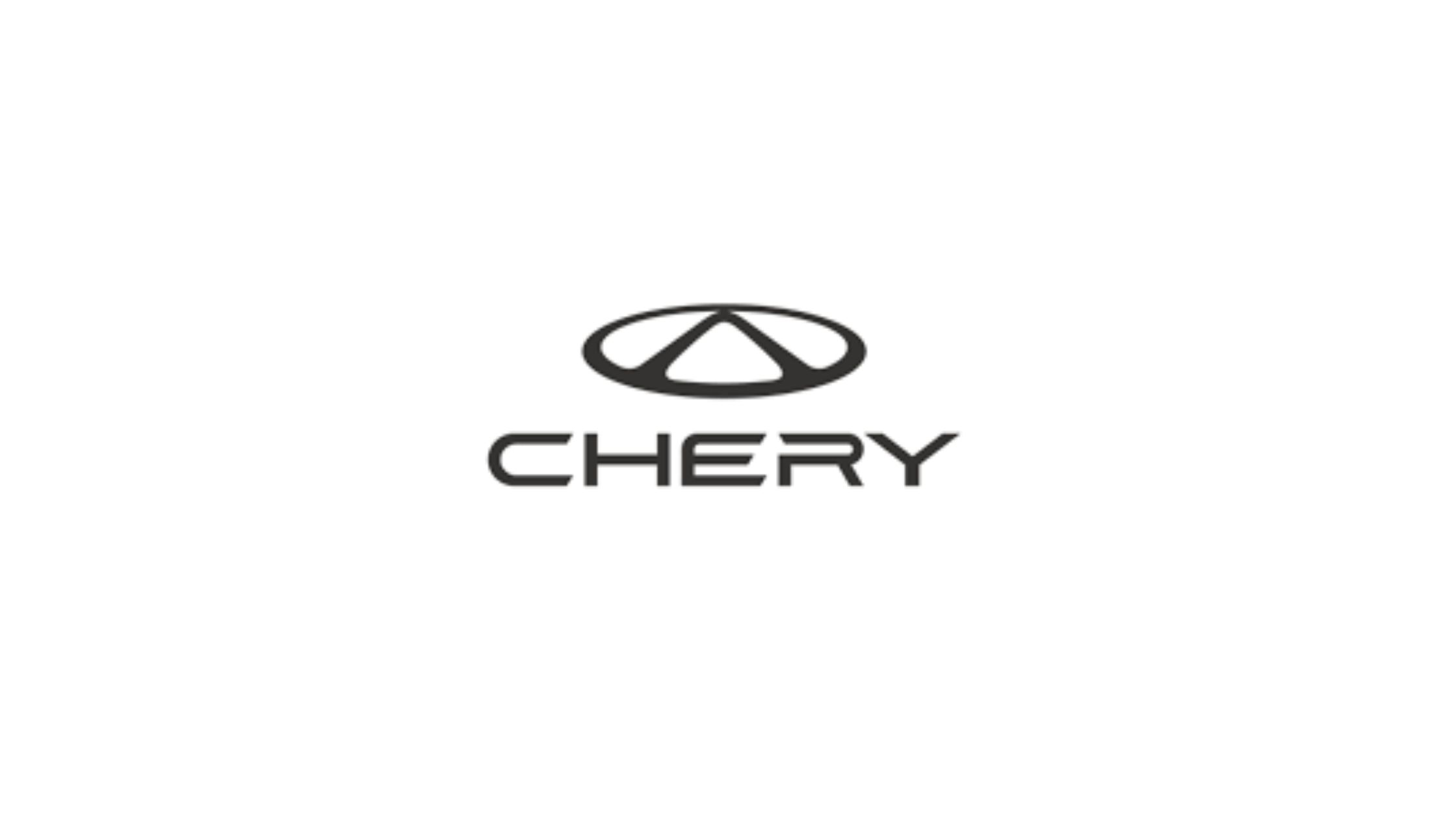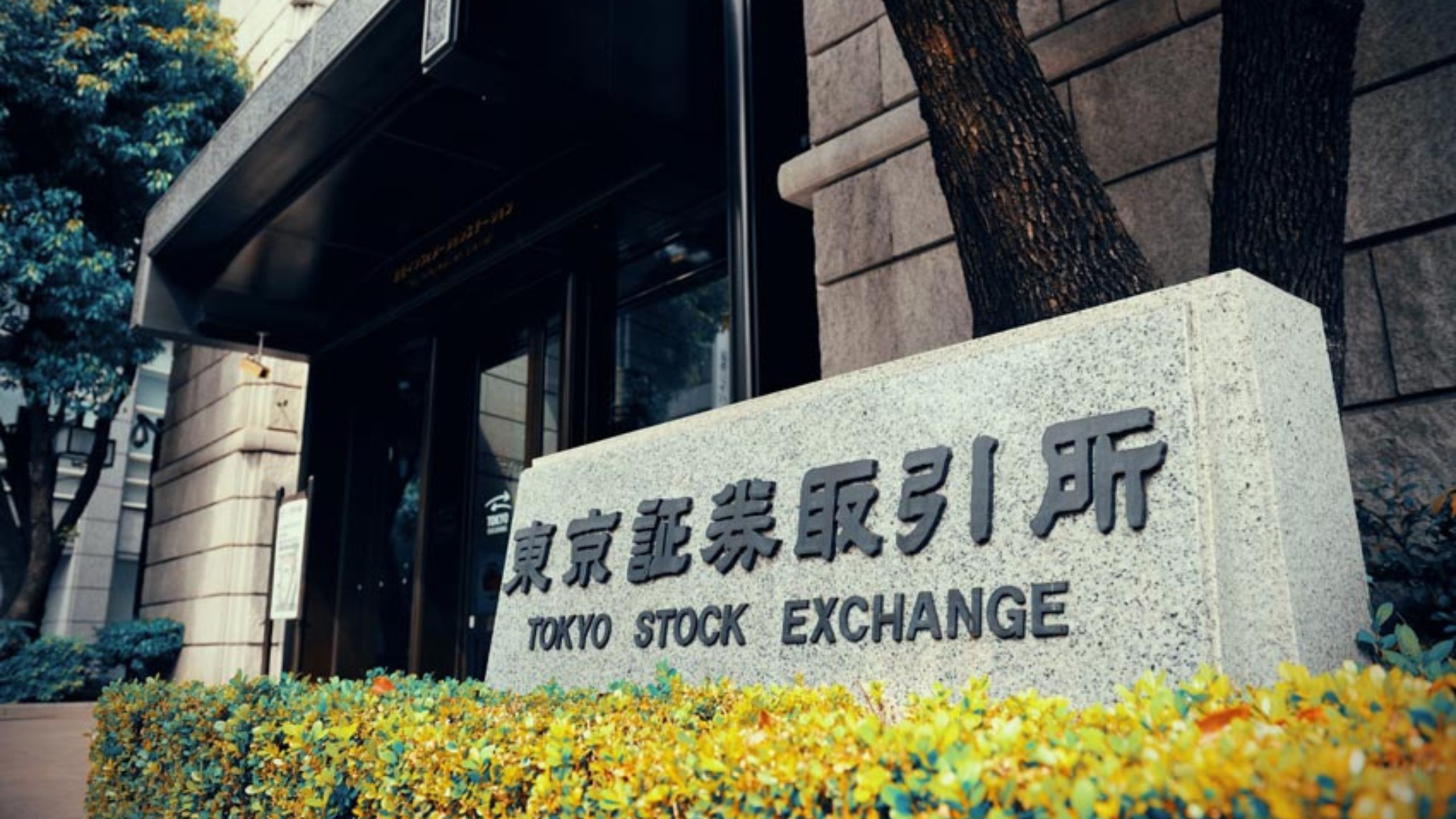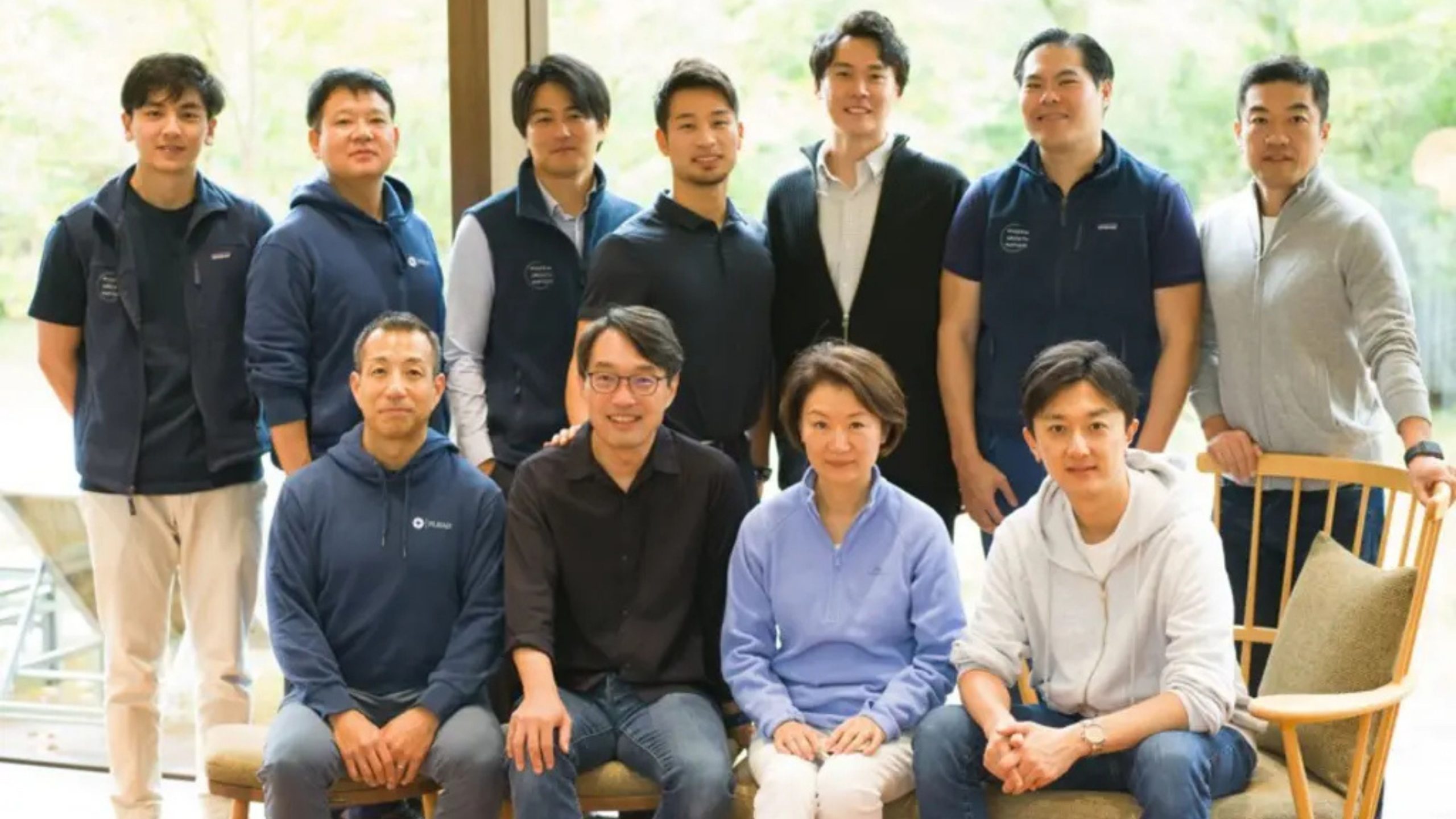AsiaTechDaily – Asia's Leading Tech and Startup Media Platform

Chery’s Hong Kong IPO Faces Wall Street Withdrawal Amid Geopolitical Risks
Chery Automobile is moving ahead with one of the largest IPOs in Hong Kong this year, aiming to raise around US$1.5 billion. Unusually, the Chinese carmaker is relying solely on domestic banks to lead the offering, marking a notable absence of major Wall Street firms.
JPMorgan reportedly stepped back from the Chery IPO before a formal agreement was signed, while other global banks have also chosen not to participate. In contrast, major listings like Contemporary Amperex Technology’s proposed US$5 billion share sale still include U.S. firms such as Bank of America and JPMorgan. Chery is instead working with Chinese institutions—CICC, Huatai Securities, and GF Securities—as joint sponsors.
The absence of international banks highlights growing competition from Chinese counterparts, which often provide advisory and underwriting services at lower costs. This trend was also evident in CaoCao’s recent IPO filing, which named only domestic sponsors. Some U.S. banks are becoming more selective and wary of associating with companies operating in regions under U.S. sanctions. Chery remains a leading car brand in Russia, stepping in after global automakers exited the market following the Ukraine conflict.
Geopolitical concerns are adding to the hesitation. U.S. lawmakers have been pressuring banks to avoid deals with Chinese firms linked to military or human rights issues. The House Select Committee on the Chinese Communist Party previously raised alarms over CATL’s listing due to its ties with the Chinese defense sector. Similar scrutiny could apply to Chery, which is backed by the Chinese state and has business ties in sensitive regions.
Regulatory risks are also a factor. U.S. legislation, such as the Uyghur Forced Labor Prevention Act, raises concerns about supply chains involving Xinjiang, a key region for raw materials used in the production of electric vehicles. Additionally, compliance with the Foreign Agents Registration Act (FARA) has become more complex, especially for firms with strong state affiliations. These challenges make U.S. involvement riskier from both legal and reputational standpoints.
Its corporate structure and market position further complicates Chery’s IPO. The company plans to utilize a Variable Interest Entity (VIE) model, which has been criticized for lacking transparency in ownership. Lawmakers have proposed tighter rules around VIEs to limit foreign investment in such setups. Moreover, Chery’s reliance on gasoline vehicles, with only a quarter of its sales from new energy models, may weaken its appeal as investors increasingly favor EV-focused firms.
As part of its global growth strategy, Chery plans to build a US$1 billion electric vehicle factory in Turkey with a local partner, targeting an annual production capacity of 200,000 cars, according to Turkey’s Industry Ministry. Established in 1997, Chery markets vehicles under several brands, including Chery, Jetour, Exeed, iCar, and Luxeed.
Faced with congressional scrutiny, forced labor concerns, and opaque corporate structures, many international banks see underwriting Chinese firms as too risky. For investors, this signals a challenging environment for companies like Chery, which must balance state ties with regulatory uncertainties as geopolitical tensions increasingly shape capital flows.



